This week, Ryanair announced that they are planning to reintroduce 40% of flights from 1 July subject to travel restrictions being lifted and safety measures being implemented in airports. Under their new plan, dubbed ‘Project Lift Off’ they would operate nearly 1,000 flights a day and cover 90% of their typical routes introducing low-fare sales from £43 to kick-start sales.
In order to keep passengers safe when flying, they have introduced new guidelines including wearing a face covering, only having contactless payments for inflight sales and passengers not being able to queue for toilets.
'Now that Europe’s states are allowing some gradual return to normal life, we expect this will evolve over the coming weeks and months,' said Ryanair CEO Eddie Wilson. 'With more than six weeks to go to 1 July, Ryanair believes this is the most practical date to resume normal flight schedules, so that we can allow friends and families to reunite, commuters to go back to work, and allow those tourism based economies such as Spain, Portugal, Italy, Greece, France and others, to recover what is left of this year’s tourism season.'
The news has come as a shock to many who did not, and do not, expect to travel internationally this summer given the ongoing effort to fight the spread of Covid-19, which has killed over 40,000 people in the UK alone. As of today (13 May), the Foreign and Commonwealth Office still advises against all non-essential travel overseas. In fact, just on Monday, the government released a document stating that new restrictions on the UK border will be introduced ‘as soon as possible’.
But understandably for some, the promise of travel in just six short weeks has been a welcome surprise for some after weeks of lockdown.
'The moment I’m allowed to leave the country, I will be on a plane,' says Guy, 32 from London. 'The only thing getting me through lockdown is the idea of being on a beach somewhere when this is all over, and I’m going to jump at the chance as soon as it’s allowed. I need to be somewhere other than my flat, and use some of my annual leave up.
'I’m not concerned about safety at all,' Guy continues. 'If airlines comply with whatever precautions and guidelines are introduced then it’ll be good enough for me. We will all be back on the Tube long before we’re allowed on planes, and I don’t see a huge difference between the two.'
Others are cautiously keen. 'If travel has been back on for a few weeks and there doesn’t seem to be any signs of it worsening the situation or people getting ill after travelling then I’ll be flying by the end of the summer,' says Anna, 32 from Leeds. 'Like everyone, I’m desperate to get away.’
And for some, future travel plans are very dependent on the airline. 'I wouldn’t fly Ryanair but I would fly British Airways,' says Laura, 35 from London. 'I just do not trust Ryanair to implement any proper guidelines, I'm all about the BA executive club.'
Such caution may in fact be warranted according to British Airways cabin crew member Araminta Steer*, who believes Ryanair's guidelines around bathroom etiquette to be ludicrous.
If an airline can't have realistic solutions, they shouldn’t be taking their aircraft off the ground.
‘Not being able to queue for toilets is crazy and definitely not something you can impose on people,’ she tells Grazia. ‘Not all passengers are seated near to a loo and it’s a legal right to be able to go. Also, what is someone who’s further up the cabin supposed to do? If an airline feels like they have to implement rules like this without realistic solutions, then they shouldn’t be taking their aircraft off the ground.’
Grazia reached out to Ryanair for a comment on concerns around passengers safety, but we have yet to receive a reply.
Steer has continued working throughout lockdown on an ad hoc basis, working on freight and repatriation flights. However, she says she wouldn’t feel safe as a passenger on a full flight at the moment. On her flights, cabin crew currently have minimum interaction with customers and intense cleaning regimes – something she hopes continues when travel restrictions are lifted.
‘I hope that the measures being implemented now - the masks, gloves and deep cleans - become the norm,’ she says. ‘It’s opened my eyes a lot to how blasé I was generally. Gloves are not part of uniform standard usually, but moving forward I would hope that they become something we can use permanently. If the measures don’t remain, I would definitely be concerned.’
Masks are quite the hot topic when it comes to travelling on planes, with many adopting them early on and others wondering whether there is even any point wearing a mask if you’re in an enclosed space breathing in the same oxygen as hundreds of others for an extended period of time.
Well, according to a 2017 study by the European Union Aviation Safety Agency, common-held beliefs that cabin air quality is filled with germs are actually unfounded. Monitoring 69 flights between June 2015 and 2016, the results showed that air quality in the cabin and cockpit is similar or better than normal indoor environments such as offices or schools.
That being said, Steer believes passengers will only be more cautious about air quality and their general health travelling onplanesnow. She’s noted an increase in passengers wearing masks over the years – currently, passengers without masks on BA planes are asked to wear them – however if they become the norm on planes in the future, they pose their own challenges. ‘We constantly communicate with each other and passengers with our expressions and body language,’ Araminta continues. ‘We work with all different kinds of languages and abilities that make being able to use expressions easier to convey messages. We can read passengers better without masks, for example, and it’s very important to identify people with ill health or even just those fearful of flying. It’s now nearly impossible to identify passengers with masks.’
‘One of the delights of my job, and I also believe for passengers flying, is the rapport you build with one another,’ Steer concludes. ‘It would be a true shame if this virus changes how we interact with our customers.’
*Name has been changed
Read more about life in lockdown...
Coronavirus: Relationships
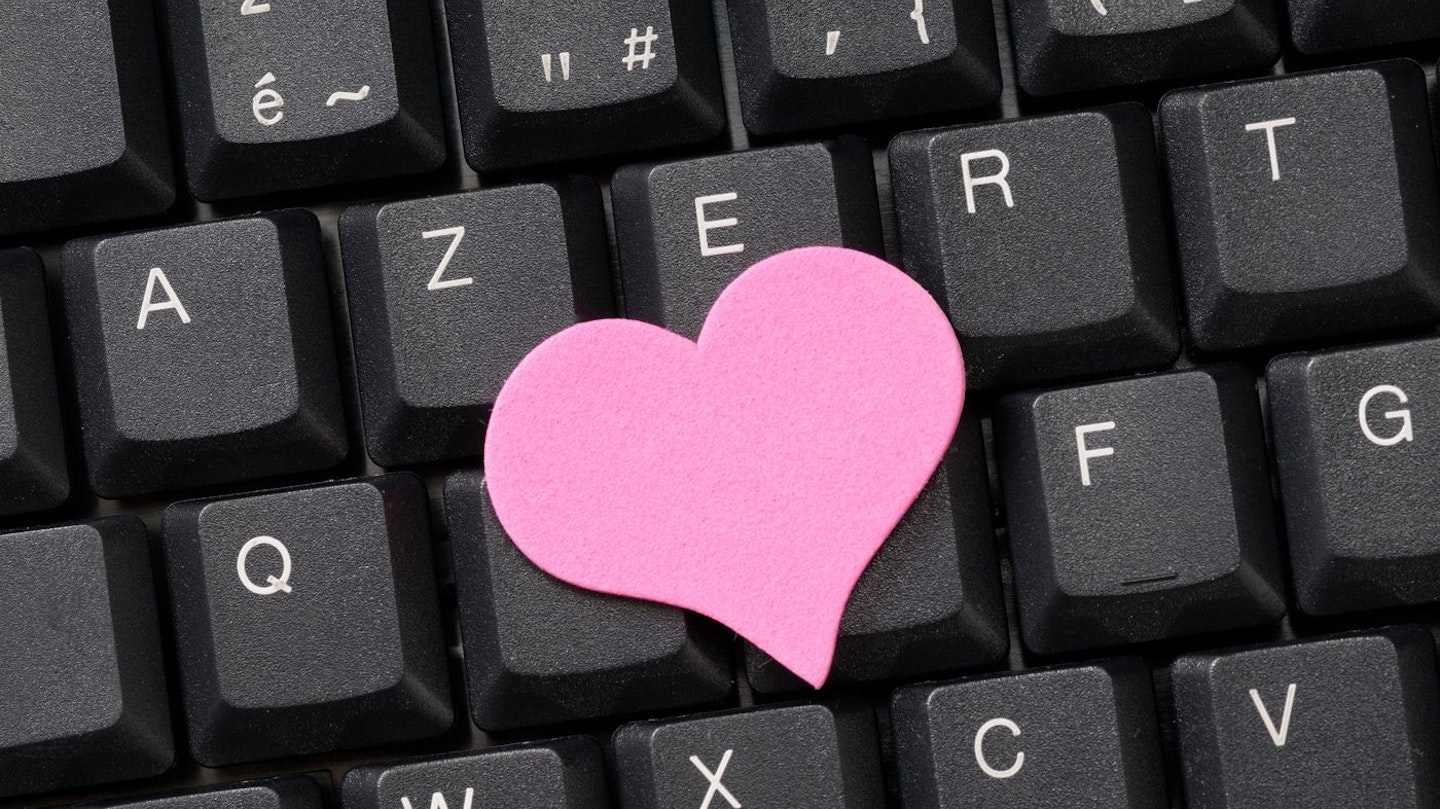 1 of 9
1 of 9How To Maintain Your Dating Life In A Lockdown If You're Single
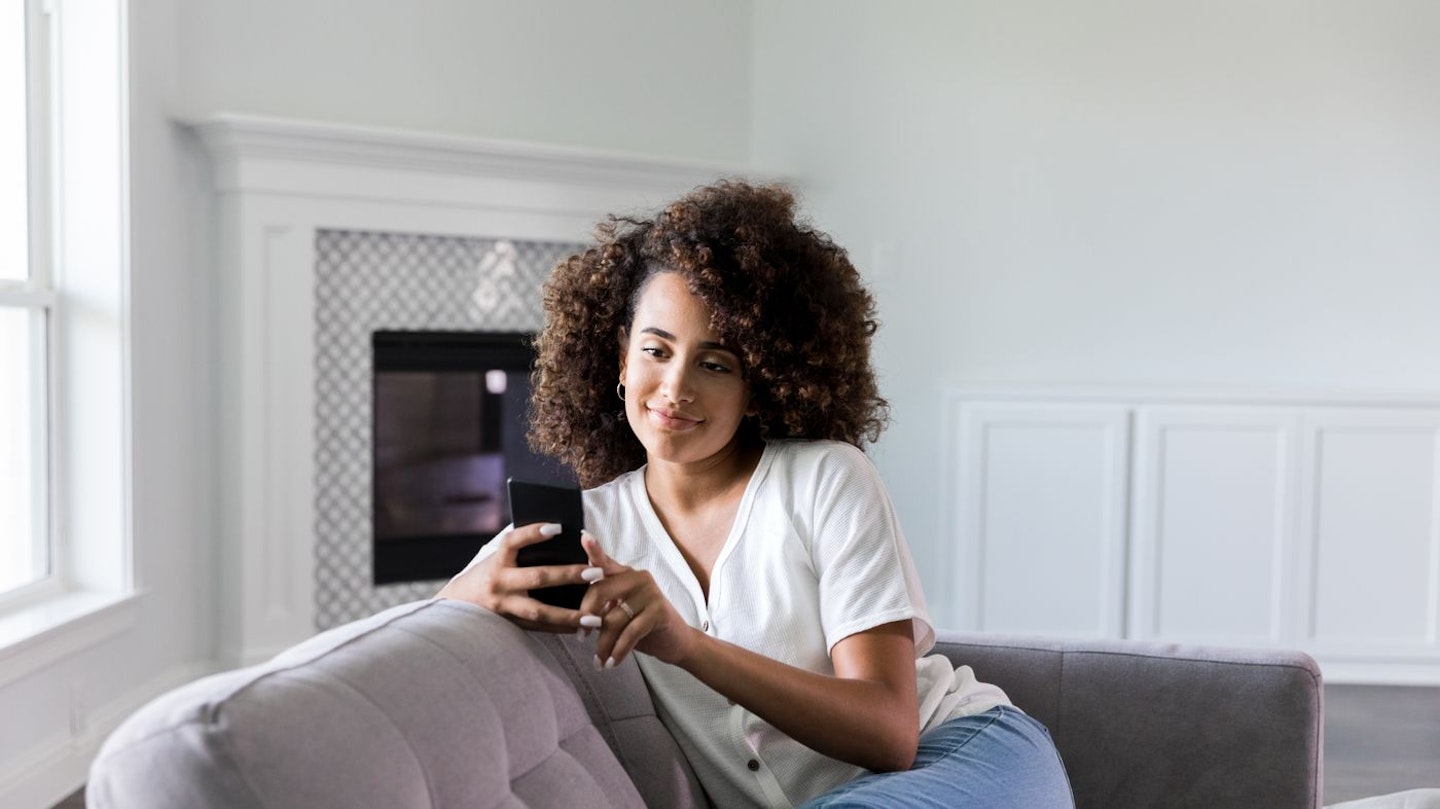 2 of 9
2 of 9The Six Best Ways To Overcome Your Fear Of Video Dating
 3 of 9
3 of 9Love Lockdown? Not According To Tinder
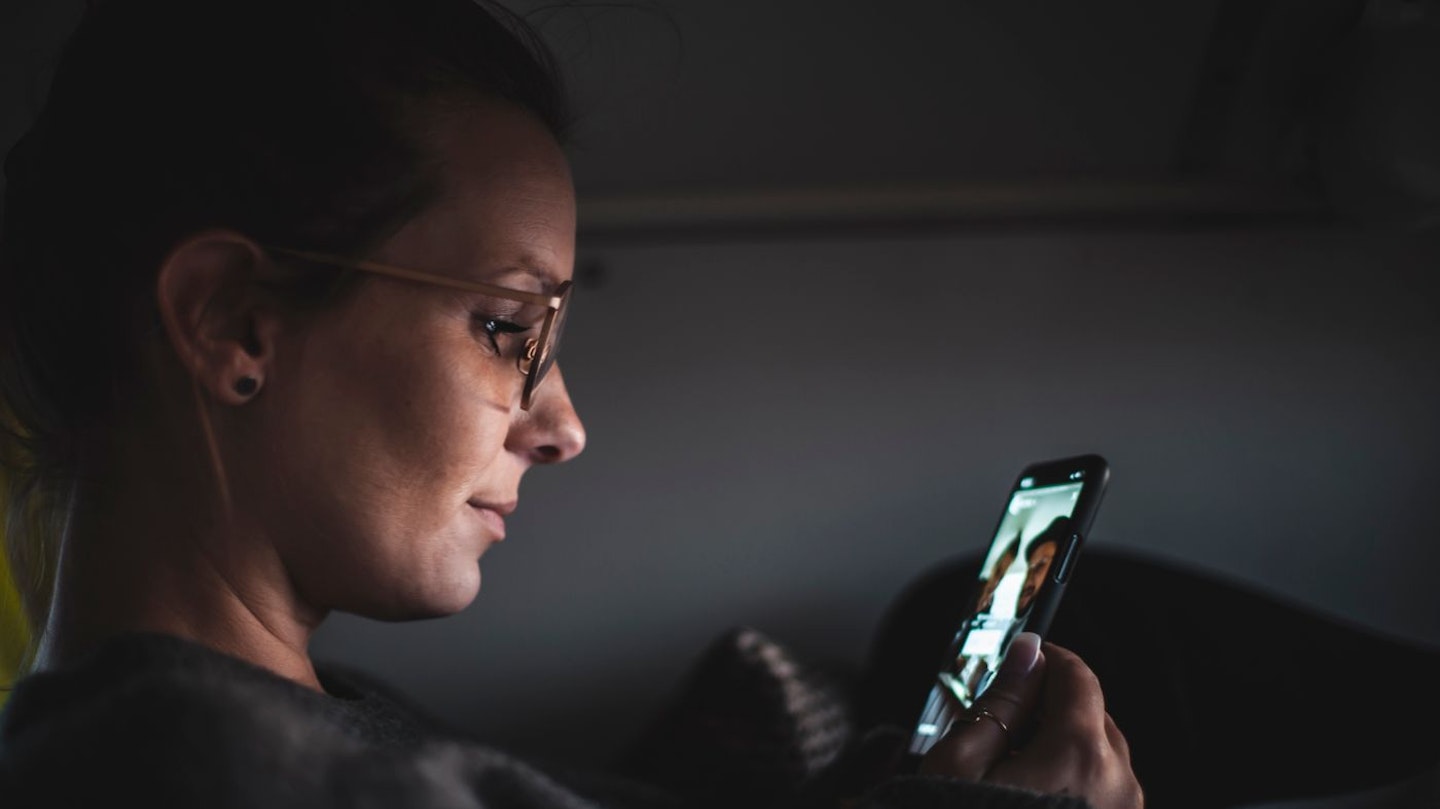 4 of 9
4 of 9What It’s Like To Break Up With Someone Over Zoom?
 5 of 9
5 of 9‘I Didn’t Think I Could Actually Feel Happy In This Shit Show Of A Year...’ How It Feels To Get Engaged In Lockdown
 6 of 9
6 of 9Emily Atack: Isolating When You're Single
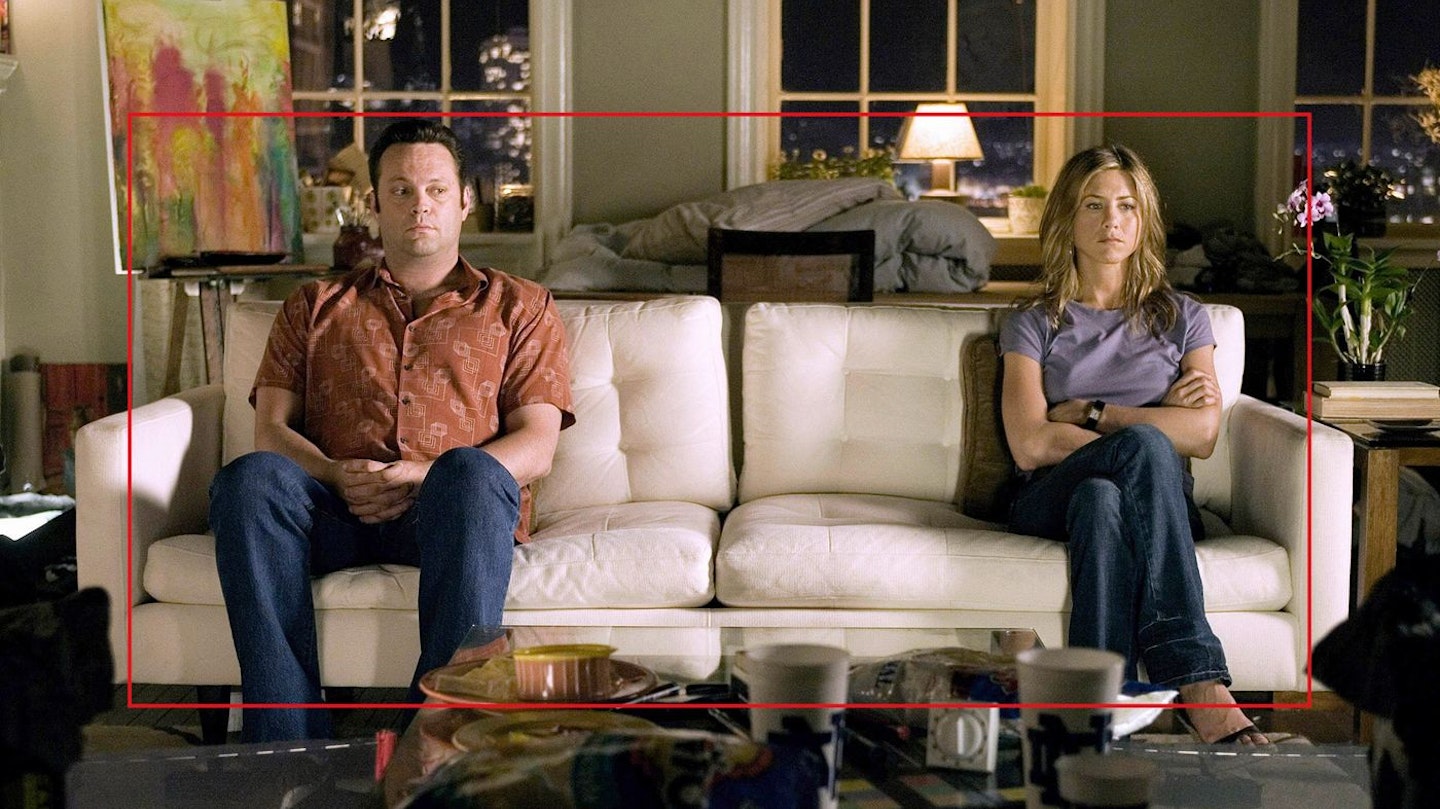 7 of 9
7 of 9The Real Reason Your Ex Is Back In Touch
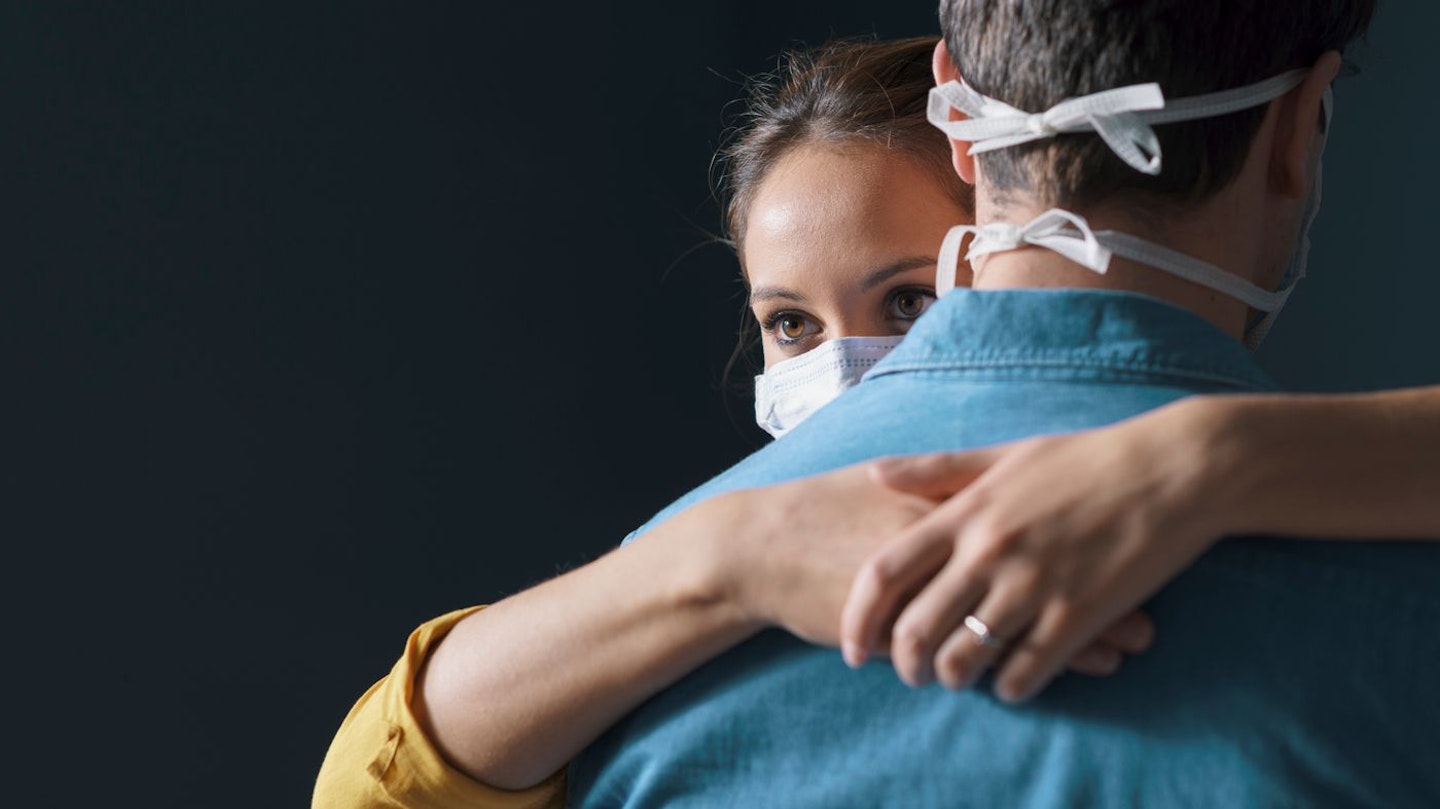 8 of 9
8 of 9Are People Really Having So Much More Sex There'll Be A Lockdown Baby Boom?
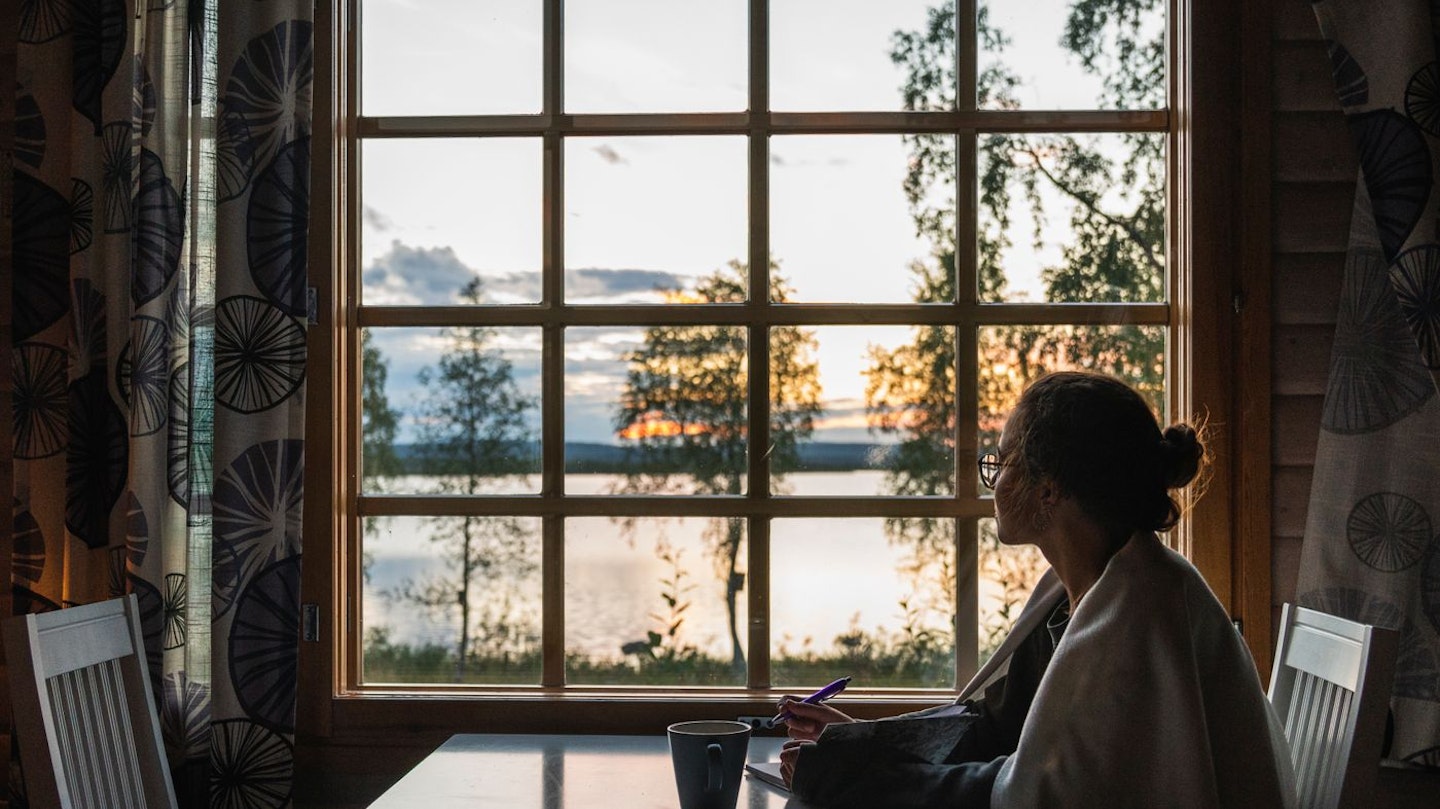 9 of 9
9 of 9